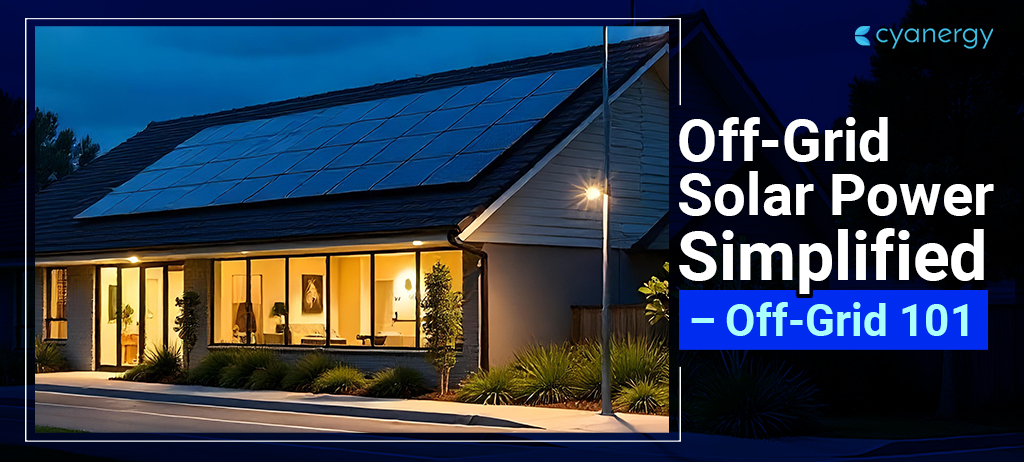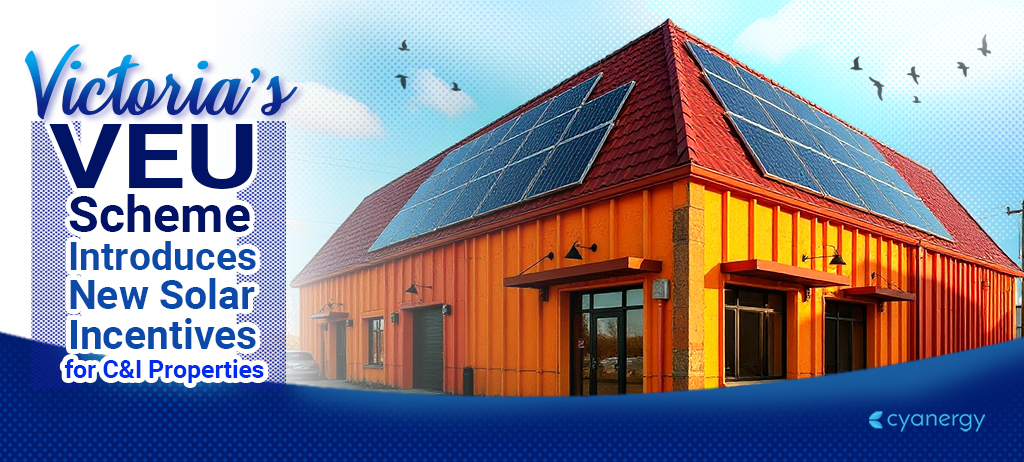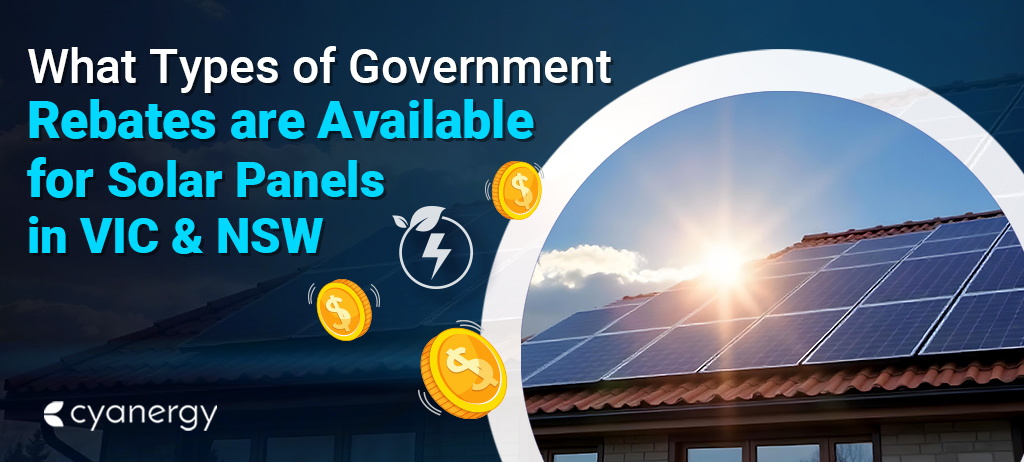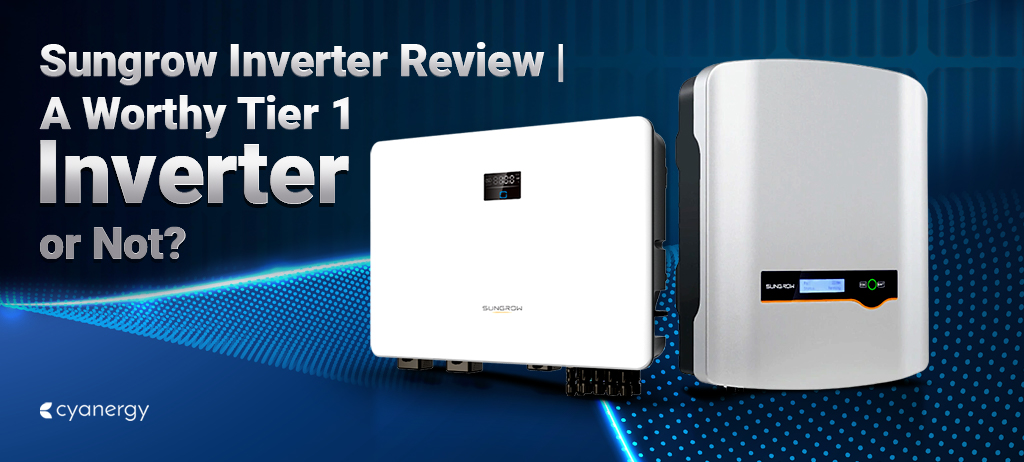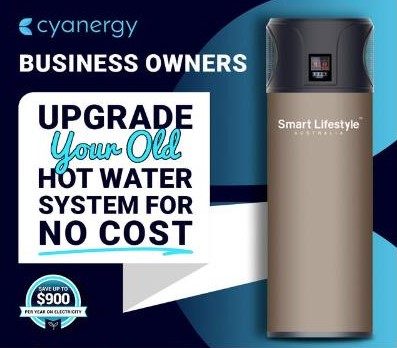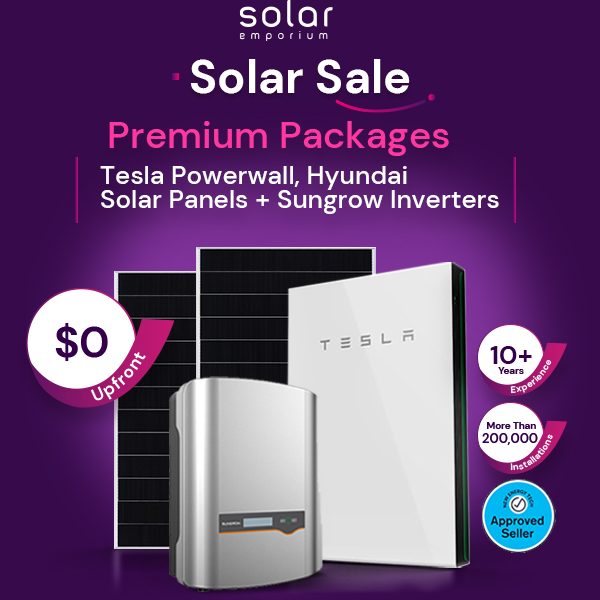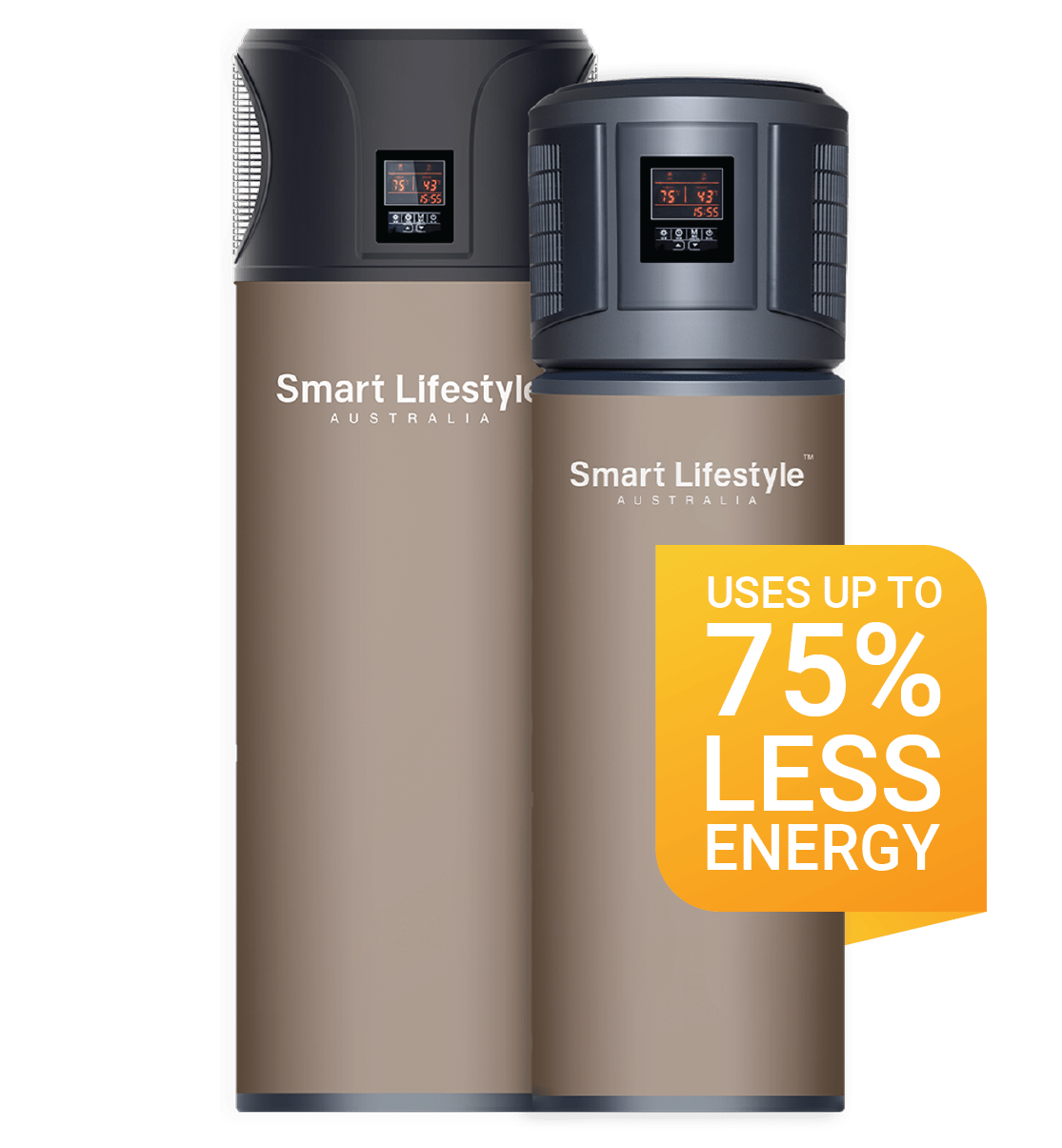Are you tired of chilly showers and ever-increasing energy bills? Well, we’ve got a hot topic for you today: heat pump water heaters VS electric water heaters. We all want a reliable and cost-effective solution for our hot water needs, but which one comes out on top?
In this blog, we’re going to break it down for you, discussing the efficiency, financial impact, environmental considerations, and performance of these two contenders.
So, whether you’re dreaming of a toasty shower or aiming to reduce your carbon footprint, join us as we unravel the debate and determine if heat pump water heaters are the champions or if electric water heaters still reign supreme.
Let’s dive in and get your hot water game on point!
The Mechanism of Each Water Heaters – How Do They Work?
Electric Water Heaters
- Tank and Heating Elements: A regular electric water heater consists of a storage tank, typically made of steel or glass-lined, which holds the water. Inside the tank, there are one or more heating elements, usually electric resistance elements.
- Cold Water Inlet: Cold water enters the tank through a dedicated inlet pipe, usually located near the bottom. This replenishes the tank as hot water is used.
- Heating Process: The electric heating elements, powered by electricity, heat up the water in the tank. The elements are immersed in the water, and as electric current passes through them, they generate heat, raising the temperature of the water.
- Thermostat Control: The water heater is equipped with a thermostat that senses the temperature of the water in the tank. When the water temperature drops below the desired set point, the thermostat signals the heating elements to activate and heat the water.
- Hot Water Outlet: Hot water is drawn from the top of the tank through a dedicated outlet pipe, typically located near the top or side. It is then distributed to faucets, showers, or other fixtures in the building.
- Temperature and Pressure Relief Valve: For safety purposes, a temperature and pressure relief valve is installed on the water heater. This valve opens to release excess pressure or temperature, preventing the tank from becoming over-pressurized or overheated.
- Energy Consumption: The regular electric water heater operates by directly converting electricity into heat through the resistance heating elements. As the elements heat up, they consume electricity continuously until the desired water temperature is reached.
- Standby Heat Loss: Regular electric water heaters may experience standby heat loss, where heat dissipates from the tank into the surrounding environment. This can result in energy wastage, especially in uninsulated or older models.
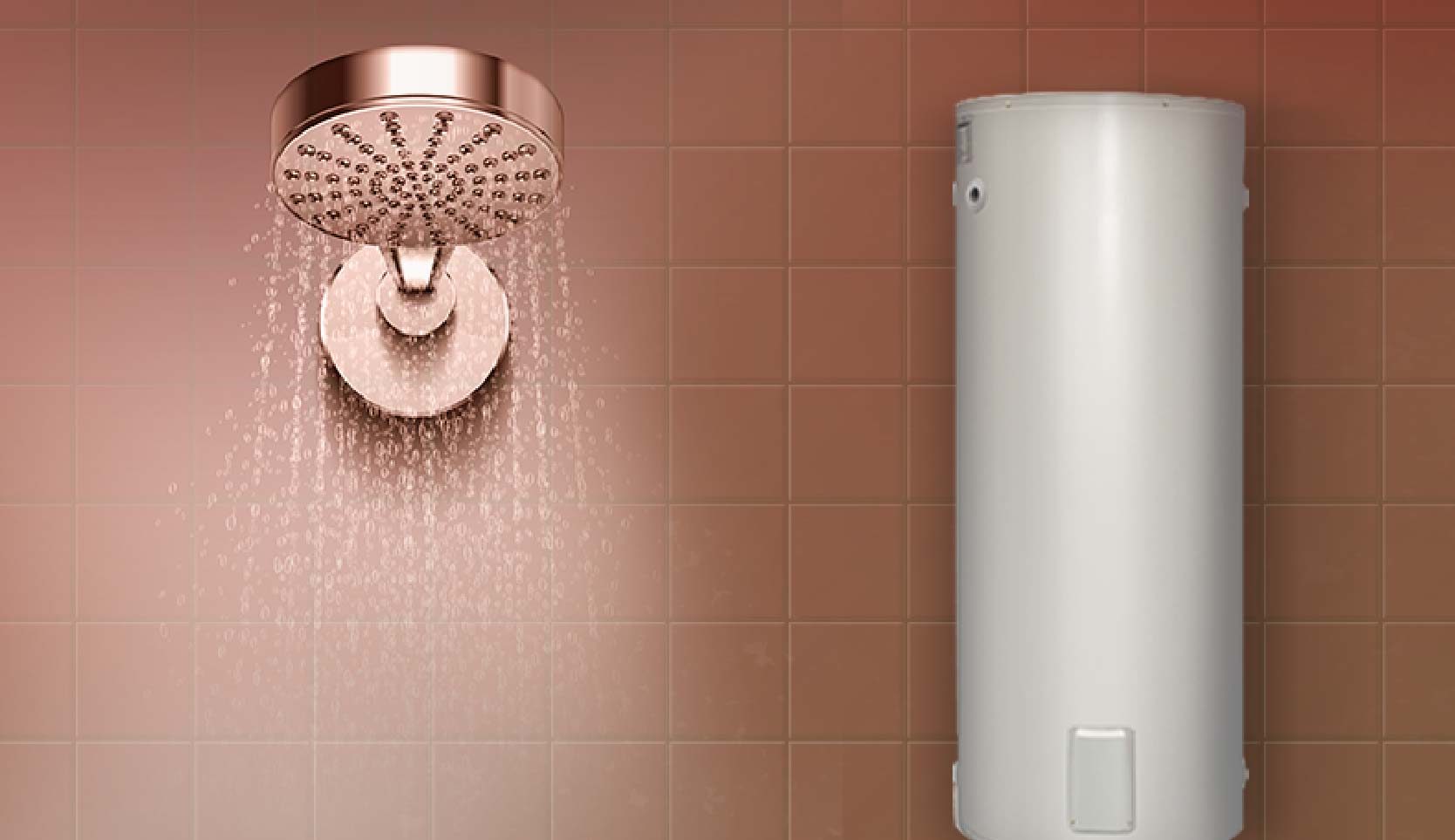
Heat Pump Water Heaters
- Heat Absorption: The hot water heat pump extracts heat from the surrounding air, ground, or water source using an evaporator coil. The evaporator coil contains a refrigerant that evaporates as it absorbs heat from the ambient source.
- Evaporation and Compression: The refrigerant, now in a low-pressure gaseous state, is compressed by a compressor. Compression increases its temperature and pressure, further raising its energy level.
- Heat Transfer: The high-pressure, high-temperature refrigerant then flows through a heat exchanger, typically a coil wrapped around a storage tank containing water. The heat from the refrigerant is transferred to the water in the storage tank, raising its temperature.
- Condensation and Release: As the refrigerant releases its heat to the water, it condenses back into a liquid state, still under high pressure. The condensed refrigerant is then ready to repeat the cycle.
- Heat Pump Operation: The heat pump system monitors the temperature of the water in the storage tank. When the water temperature drops below the desired set point, the heat pump activates, repeating the process to maintain a consistent supply of hot water.
- Backup Heating Elements (if applicable): To ensure a sufficient supply of hot water during high-demand periods or in colder climates, many hot water heat pump systems include backup electric heating elements. These elements are activated when the heat pump alone cannot meet the required demand, providing additional heating power.
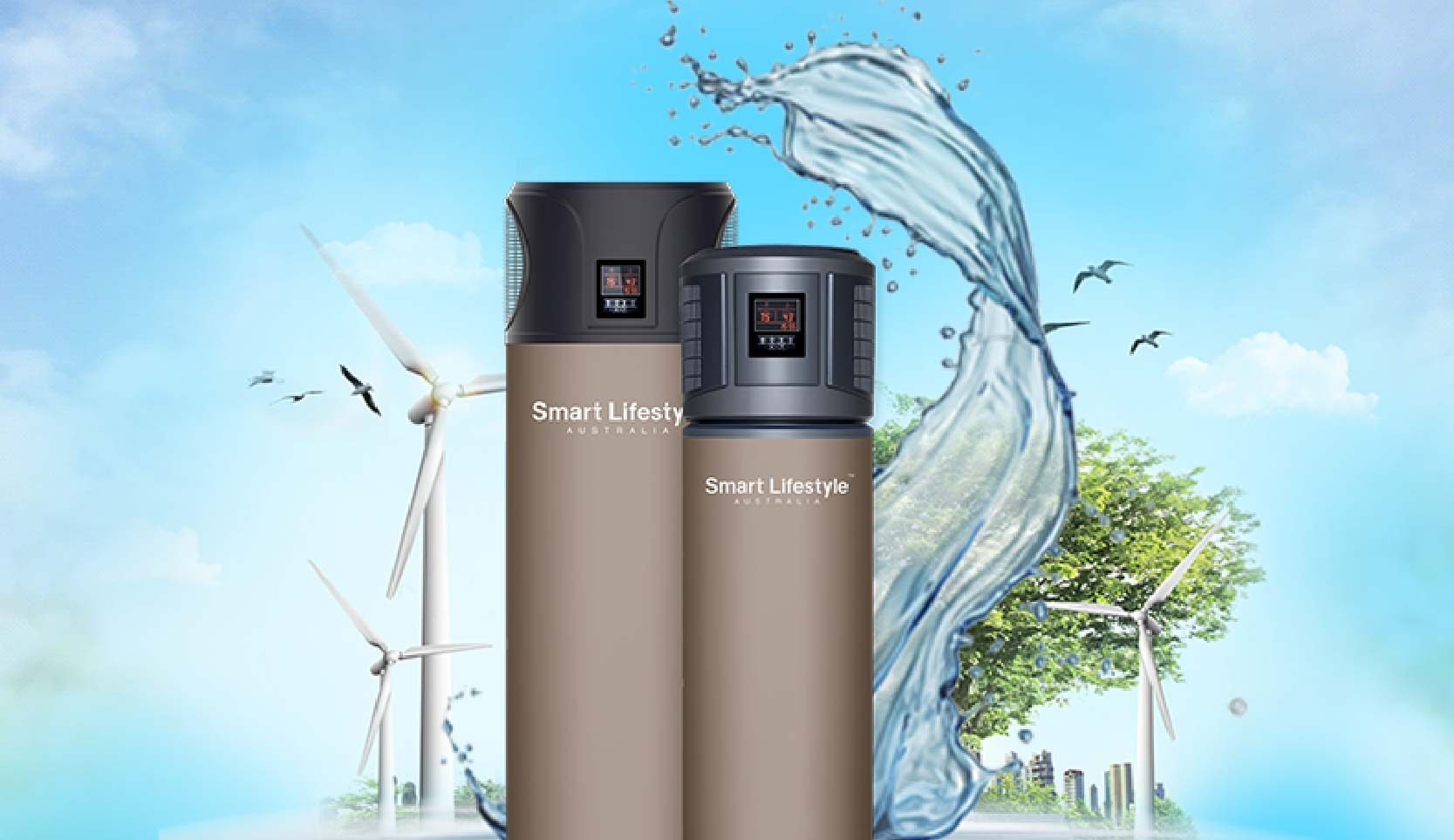
Heat Pump Water Heaters VS Electric Water Heaters
| Criteria | Heat Pump Water Heaters (HPWHs) | Electric Water Heaters (EWHs) |
|---|---|---|
| Efficiency | Higher efficiency, producing more heat per unit of electricity consumed | Lower efficiency, directly converting electricity into heat |
| Energy Consumption | Consumes less electricity | Consumes more electricity |
| Cost | Higher upfront cost, but potential long-term energy savings | Lower upfront cost, but higher long-term energy costs |
| Environmental Impact | Less greenhouse gas emissions, greener option | Higher greenhouse gas emissions |
| Performance | Relatively slower recovery time, but constantly improving with technology advancements | Relatively quick recovery time, suitable for high hot water demands |
| Climate Dependence | Performs well in moderate climates, may experience slightly reduced performance in colder climates | Performs consistently in various climates |
| Backup Heating Elements | Includes backup heating elements for high demand periods | N/A |
| Noise Generation | Operates quietly, minimal noise disturbance | Quiet operation but may produce some noise during heating cycles |
| Maintenance | Requires periodic maintenance, such as filter cleaning and refrigerant checks | Regular maintenance requirements |
| Lifespan | Generally longer lifespan | Average lifespan |
Cost of Heat Pumps
When comparing the costs of heat pump water heaters (HPWHs) and electric water heaters (EWHs), there are several factors to consider. Let’s explore them in detail.
One significant aspect to assess is the upfront cost. HPWHs generally have a higher initial price compared to EWHs. This is primarily because HPWHs incorporate more advanced technology and additional components, such as compressors and refrigerant circuits. These components contribute to the higher overall cost of the system.
However, it’s crucial to look beyond the upfront expense and consider the long-term operating costs. HPWHs are renowned for their energy efficiency. They work by transferring heat from the environment to heat the water, requiring less electricity in the process. On the other hand, EWHs rely on direct electrical resistance heating, which is less energy-efficient. As a result, HPWHs typically have lower operating costs and can lead to significant energy savings over time.
If you’re considering the installation of a heat pump water heater in New South Wales (NSW) or Victoria, the cost can vary depending on your specific circumstances and the available government rebates.
In Victoria, residents can enjoy a remarkable subsidy offered by the state government. If you’re looking to replace your current electric hot water system with a hot water heat pump, you’ll be pleased to know that it can be done at absolutely no cost to you. This subsidy aims to promote energy efficiency and incentivize residents to adopt more environmentally friendly heating options.
Similarly, if you reside in New South Wales, there is a government-provided rebate available. You can have your electric hot water system replaced with a heat pump for a nominal fee of just $99. This subsidy serves as an encouragement for residents to embrace energy-efficient solutions and reduce their carbon footprint.

The lifespan of the water heater is also a factor in cost comparison. HPWHs typically have a longer lifespan compared to EWHs. While the average lifespan of an EWH ranges from 10 to 15 years, HPWHs can last 15 to 20 years or more with proper maintenance. A longer lifespan can contribute to additional cost savings over time as you won’t need to replace the system as frequently.
Lastly, it’s essential to consider the maintenance and repair costs associated with each type of water heater. Both HPWHs and EWHs may require occasional maintenance and repairs. HPWHs may need filter cleaning, refrigerant checks, or compressor servicing. EWHs may require periodic replacement of heating elements or thermostats. These maintenance costs should be factored into the overall cost analysis.
Verdict
In summary, while HPWHs may have a higher upfront cost, their energy efficiency and lower operating costs can lead to long-term savings. However, the specific cost comparison will depend on factors such as utility rates, usage patterns, and the lifespan of the water heater. Assessing your unique circumstances and considering both upfront and long-term costs will help you make an informed decision about whether a heat pump water heater or an electric water heater is the more cost-effective choice for you.
If you’re interested in taking advantage of these rebates and transitioning to a heat pump water heater, we’re here to assist you. Feel free to get in touch with us by clicking here. Our team will be more than happy to provide you with further information and guide you through the process.
